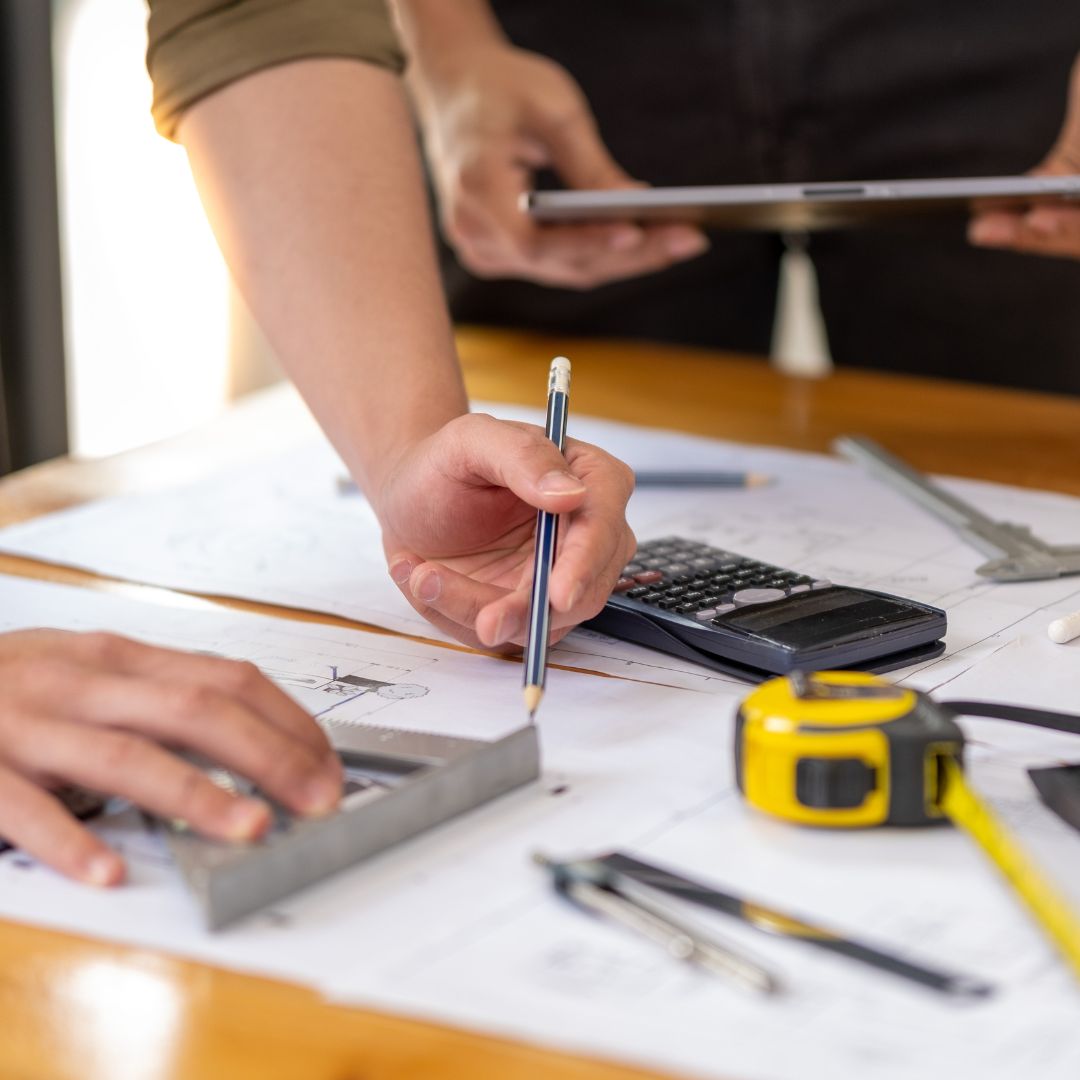
How to Get the Best Estimate from a General Contractor
Understand Your Project Scope Before Requesting Estimates
Before reaching out to a general contractor, have a clear idea of your project scope. Define the specific work needed, including materials, design preferences, and any special requests. The more detailed your project description, the more accurate the estimate will be.
Create a list of must-haves and nice-to-haves to help prioritize costs. If you’re unsure about materials or layouts, consult with a contractor early on, but avoid vague project descriptions that can lead to price fluctuations later. A well-defined scope helps contractors provide precise estimates and prevents unexpected costs during the project.
Get Multiple Quotes for Comparison
One of the best ways to ensure you’re getting a fair price is to request estimates from at least three different contractors. This allows you to compare labor costs, material pricing, and overall project timelines. Be cautious of quotes that seem significantly lower than others, as they may indicate poor-quality materials or hidden costs.
Ask each contractor for a breakdown of the estimate, including labor, materials, permits, and any additional fees. A detailed quote makes it easier to compare options and spot any discrepancies in pricing or scope of work. Choosing the cheapest bid isn’t always the best decision—look for value and quality over cost alone.
Request a Written, Itemized Estimate
A written estimate should include more than just a total price. It should detail every aspect of the project, from demolition to final finishes. Make sure the estimate covers:
- Labor costs and number of workers involved
- Material costs, including brands and quality levels
- Permits and inspection fees
- Timeline for project completion
- Warranty or guarantees on workmanship
An itemized estimate protects you from unexpected price changes and ensures transparency. If a contractor refuses to provide a written quote, it’s a red flag, and you should consider working with someone else.
Ask About Potential Additional Costs (General contractor)
Even with a detailed estimate, unexpected costs can arise due to unforeseen issues like plumbing problems, structural damage, or material delays. Ask your contractor about potential extra expenses and how they handle change orders.
A good contractor will discuss contingency planning and provide an estimated percentage for unforeseen expenses. Typically, setting aside 10-20% of the project budget for unexpected costs can prevent financial surprises.
Negotiate and Understand the Payment Structure (General contractor)
Once you have an estimate, don’t be afraid to negotiate, especially if you have competing bids. Contractors may be willing to adjust pricing based on material alternatives or flexible scheduling.
Discuss the payment schedule in advance. Avoid contractors who demand full payment upfront. A typical payment plan includes:
- An initial deposit (10-20%)
- Progress payments at different project milestones
- A final payment upon project completion and approval
Ensure that all payment terms are included in the contract before work begins (general contractor). This protects you from unfinished work or unexpected price hikes during the project.
By following these steps, you can secure a fair and accurate estimate, ensuring a smooth and cost-effective experience with your general contractor.
Read more:
